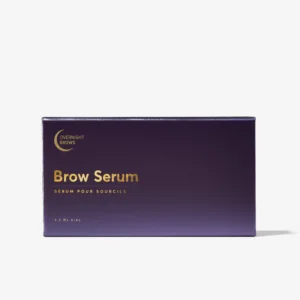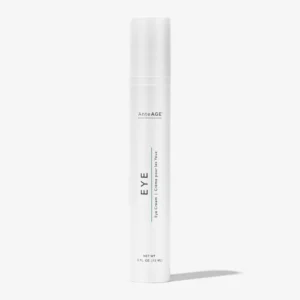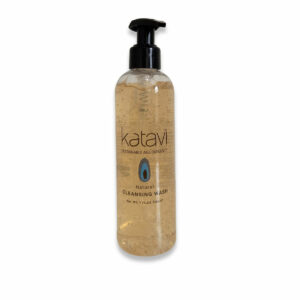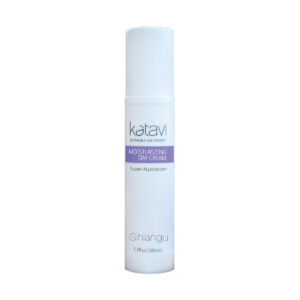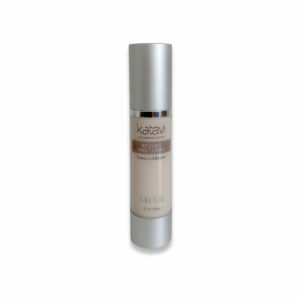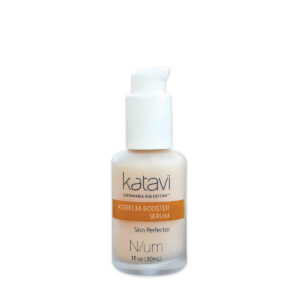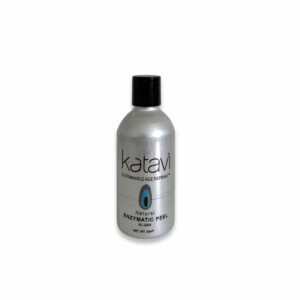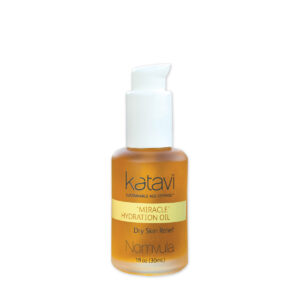NAD+ for COPD
NAD+ (nicotinamide adenine dinucleotide) is a coenzyme found in all living cells and is involved in various cellular processes, including energy metabolism and DNA repair. There is some emerging research suggesting that NAD+ supplementation may have potential benefits for people with COPD (chronic obstructive pulmonary disease).
One study published in the American Journal of Respiratory and Critical Care Medicine in 2019 found that NAD+ supplementation in mice with COPD resulted in improved lung function and reduced inflammation. Another study published in the same journal in 2021 found that NAD+ supplementation in humans with COPD resulted in increased exercise capacity and reduced symptoms.
NAD+ Therapies for COPD
NAD+ therapy is an emerging treatment approach for COPD (Chronic Obstructive Pulmonary Disease) that involves supplementing the body with nicotinamide adenine dinucleotide (NAD+), a coenzyme involved in various cellular processes. There are several ways to administer NAD+ therapy for COPD, including:
- Intravenous (IV) infusion: This involves administering NAD+ directly into the bloodstream through an IV. IV infusion is a common method for NAD+ therapy and allows for rapid absorption of the coenzyme into the body.
- Subcutaneous injection: This involves injecting NAD+ under the skin using a fine needle. Subcutaneous injection is a less invasive method than IV infusion and can be done at home with the guidance of a healthcare provider.
- Nasal spray: This involves using a nasal spray to deliver NAD+ directly into the nasal passages, where it is absorbed into the bloodstream. Nasal spray is a non-invasive method of NAD+ therapy and can be easily self-administered.
It is important to note that NAD+ therapy is still an experimental treatment for COPD and should only be done under the guidance of a healthcare provider.
NAD+ Helps You Breathe with COPD
NAD+ (Nicotinamide Adenine Dinucleotide) is an important coenzyme involved in numerous cellular processes, including energy metabolism and DNA repair. In the context of COPD (Chronic Obstructive Pulmonary Disease), NAD+ may help improve breathing by enhancing mitochondrial function and reducing oxidative stress.
Studies suggest that NAD+ supplementation may improve lung function in COPD patients by increasing ATP production, which is critical for muscle contraction and relaxation during breathing. NAD+ may also reduce inflammation in the airways and promote the repair of damaged lung tissue.
Additionally, NAD+ may help alleviate the symptoms of COPD, such as shortness of breath, coughing, and wheezing, by improving oxygen delivery to the body’s tissues and reducing oxidative stress. Overall, while more research is needed, NAD+ shows promise as a potential therapeutic option for COPD patients.
NAD+ for COPD snippet
NAD+ therapy has been studied as a potential treatment for COPD, with some evidence suggesting that it may help reduce inflammation and improve lung function. However, more research is needed to determine the safety and efficacy of NAD+ therapy for COPD.
Related items..
-
AnteAGE® Overnight Brows Serum 3.5ml
$75.00 -
AnteAGE® Eye (15ml)
$105.00 -
PCA Skin Hyaluronic Acid Boosting Serum 3oz
$315.00 -
Katavi Radiant-S Facial Serum NEW
$55.00 -
Katavi Natural Cleansing Wash
$33.00 -
Katavi Moisturizing Day Cream
$43.00 -
Katavi Tula Tula – Intensive Night Care
$43.00 -
N/um – Kigelia Booster Serum
$46.00 -
Katavi Hluba – Enzymatic Peel
$30.00 -
Katavi Miracle Hydration Oil
$40.00
Get Your Learn On




